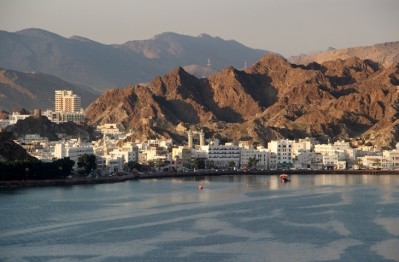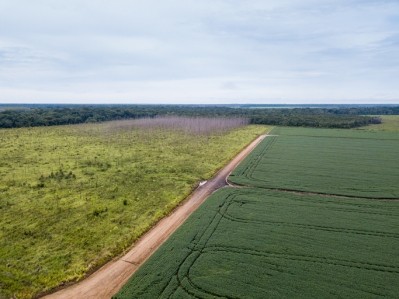WWF and Finance Earth launch financing model for fisheries improvement

Last week saw the World Wildlife Fund (WWF) and Finance Earth (FE), alongside industry partners, announce the launch of a new concept to finance the transition to more sustainable fisheries worldwide.
The financing model, according to the entities involved, focuses on reversing the trend of fisheries decline and scaling global fisheries improvements.
Finance Earth (FE), an impact investment advisory and fund manager, will establish and manage this new mechanism – the Fisheries Improvement Fund (FIF). The ambition is to catalyze more than $100m in investment in fisheries improvement by 2030.
“Through this blue finance mechanism, sustainable financing will be ensured for projects that are critical to scaling fishery reform over the coming decade for people and nature, through an efficient, equitable, and cost-effective model. Our vision is that this fund, under the management of Finance Earth, revolutionizes fisheries finance, driving game-changing environmental and social impact,” said Johan Bergenas, senior VP of oceans, WWF US.
“At scale, this approach has the capacity to attract a range of investors from the public and private sector to support fishery improvement worldwide. This is a unique opportunity for all of us to protect our oceans and invest in a sustainable blue economy,” said James Mansfield, co-founder and MD, Finance Earth.
Participating companies such as Cargill and Skretting will commit to a volume-based fee that enables the FIF to pay back upfront costs for the FIPs as well as create a long-term revenue stream.
The collaborators said that the model is designed to change how long-term sustainability is funded, recognized as a cost of doing business, and embedded into product costs.
Model design
WWF and FE worked with industry to conceptualize and design a model that they say is impactful, scalable across fisheries, and supported by companies working to transition fisheries in their supply chains to more sustainable resources.
Feed companies, Cargill and Skretting, brought their expertise to the development of the concept and have agreed to participate in a pilot project to highlight and prove the new model.
Large-scale seafood buyers and philanthropic foundations including Mars, Incorporated, Costco Wholesale, Sodexo, and Walmart Foundation are also supporting the launch of the fund.
“The industry needs to work to support sourcing from more sustainable fisheries through active engagement. Improvement in fisheries will reduce supply chain volatility and mitigate supply chain risk while enhancing business value across the sector,” said Helene Ziv-Douki, president of aqua nutrition, Cargill.
“Given the scale of the sustainability challenges facing the world, we think it is impossible to achieve progress in isolation. This collaborative initiative is a perfect example of how we can come together as an industry to help further drive global fishery reform in an equitable and scalable financial model,” said Jorge Diaz Salinas, sustainability manager, Skretting.
Drawing on Finance Earth’s expertise in this field, the concept tests innovation in how to finance pressing on the ground conservation projects by creating a model that has the ability to blend various sources of capital together thereby increasing the overall availability of funding for fisheries recovery, said the partners.
Pilot project
The pilot project - more details of which will be released in the near future - has secured a capital commitment to pay for the upfront costs of transition, through an innovative Program Related Investment (PRI) instrument.
Testing the concept in the real world using these types of highly concessionary capital will create a blueprint for the FIF to scale. Beyond the pilot, the fund will be able to attract capital from a wider range of sources beyond philanthropy, reducing transaction costs and enabling funds to be deployed at speed and scale to target Fishery Improvement Projects.
FE said it is now seeking proposals for fisheries worldwide that may be interested in seeking funding through the new FIF and is open to opportunities brought forward by NGOs, local fishing groups, industry actors, off-take/trading companies, buyers/retailers, and local/national governments.
The fund can support both industrial and small-scale fisheries and is open to fisheries currently in a FIP or not yet in FIP.








